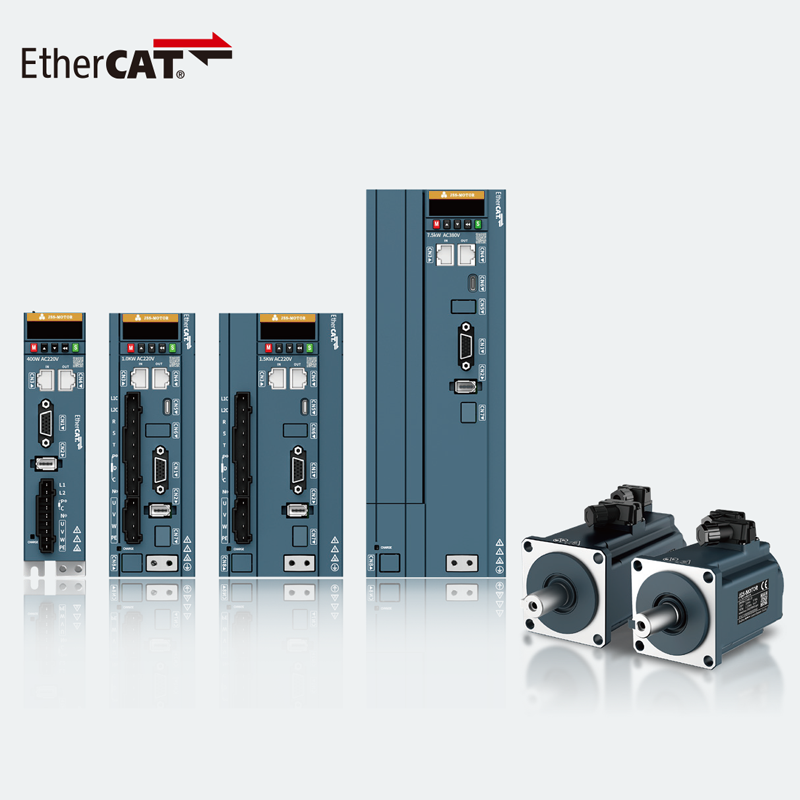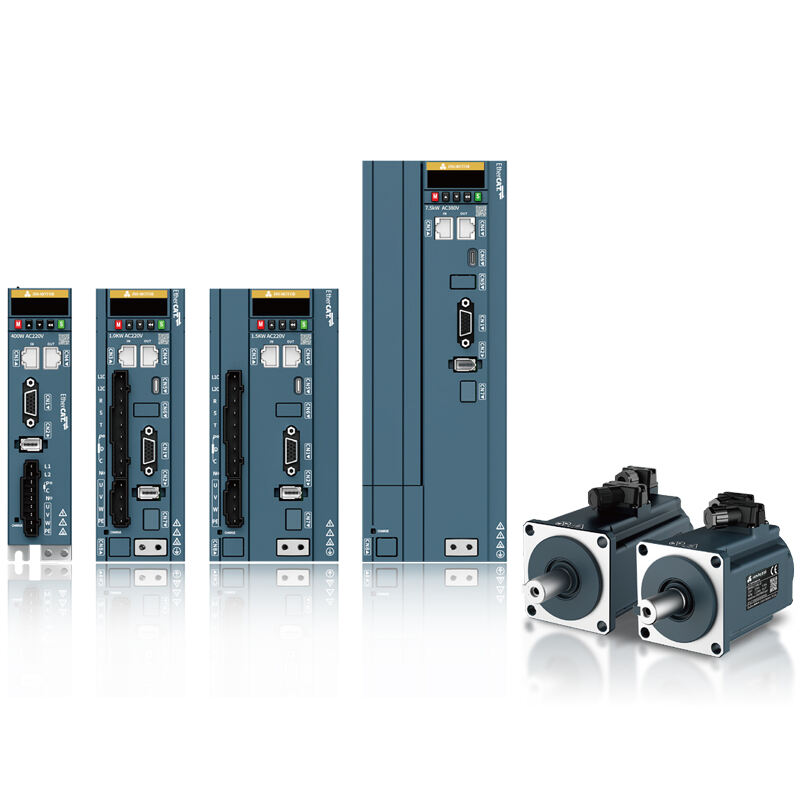The selection of the right servo motor stands as a critical decision in modern automation and machinery applications. As we move into 2025, the complexity and capabilities of these precision devices continue to evolve, making it essential for engineers and procurement specialists to understand the key factors that influence their selection. This comprehensive guide will walk you through the essential considerations for choosing a servo motor that perfectly matches your application requirements.

Understanding Servo Motor Fundamentals
Basic Operating Principles
A servo motor system consists of multiple components working in harmony to deliver precise motion control. The fundamental operation relies on a closed-loop feedback mechanism that constantly monitors and adjusts position, velocity, and acceleration. This sophisticated control system enables servo motors to maintain exceptional accuracy and repeatability in various industrial applications.
Key Components and Features
Modern servo motor systems incorporate several essential components, including the motor itself, an encoder for position feedback, and a sophisticated controller. The integration of these elements enables the servo motor to achieve precise positioning and smooth motion control. Advanced features such as built-in protection mechanisms and diagnostic capabilities enhance reliability and maintenance efficiency.
Performance Parameters and Specifications
Torque Requirements
When selecting a servo motor, torque specifications serve as a primary consideration. Engineers must evaluate both continuous and peak torque requirements for their specific application. The continuous torque rating indicates the motor's sustained operating capability, while peak torque represents the maximum force available for brief periods during acceleration or occasional high-load conditions.
Speed and Acceleration Profiles
The speed characteristics of a servo motor significantly impact its suitability for different applications. Consideration must be given to both maximum speed requirements and the dynamic response needed for rapid acceleration and deceleration. The relationship between speed and torque, often represented in performance curves, helps determine the optimal operating range for specific applications.
Environmental and Application Considerations
Operating Environment Factors
Environmental conditions play a crucial role in servo motor selection. Factors such as ambient temperature, humidity, and exposure to contaminants can significantly impact performance and longevity. Industrial environments often require servo motors with appropriate IP ratings and thermal management capabilities to ensure reliable operation under challenging conditions.
Application-Specific Requirements
Different applications demand varying levels of precision, response time, and duty cycle from a servo motor. Manufacturing automation might require high-speed operation with moderate precision, while semiconductor processing could demand extreme positioning accuracy. Understanding these application-specific requirements ensures optimal motor selection and system performance.
Integration and Compatibility
Control System Integration
Modern servo motor systems must seamlessly integrate with existing control architectures. Communication protocols, feedback mechanisms, and control interfaces should align with current automation systems. The ability to interface with industry-standard networks and controllers ensures smooth implementation and operation.
Mechanical Integration Considerations
Physical mounting requirements, shaft configurations, and coupling methods require careful attention during the selection process. The mechanical interface between the servo motor and the driven load must accommodate alignment requirements, space constraints, and maintenance access. Proper consideration of these factors prevents installation issues and ensures optimal performance.
FAQ
What is the typical lifespan of a servo motor
The average lifespan of a properly maintained servo motor ranges from 20,000 to 40,000 operating hours, depending on operating conditions and application demands. Regular maintenance and appropriate sizing for the application can significantly extend this lifespan.
How often should servo motor maintenance be performed
Preventive maintenance for servo motors should be conducted every 3,000 to 5,000 operating hours. This includes inspection of bearings, encoder functionality, and overall performance verification. More frequent checks may be necessary in demanding applications or harsh environments.
What factors affect servo motor efficiency
Several key factors influence servo motor efficiency, including operating temperature, load characteristics, duty cycle, and control system tuning. Optimal efficiency is achieved when the motor is properly sized for the application and operated within its designed specifications.

